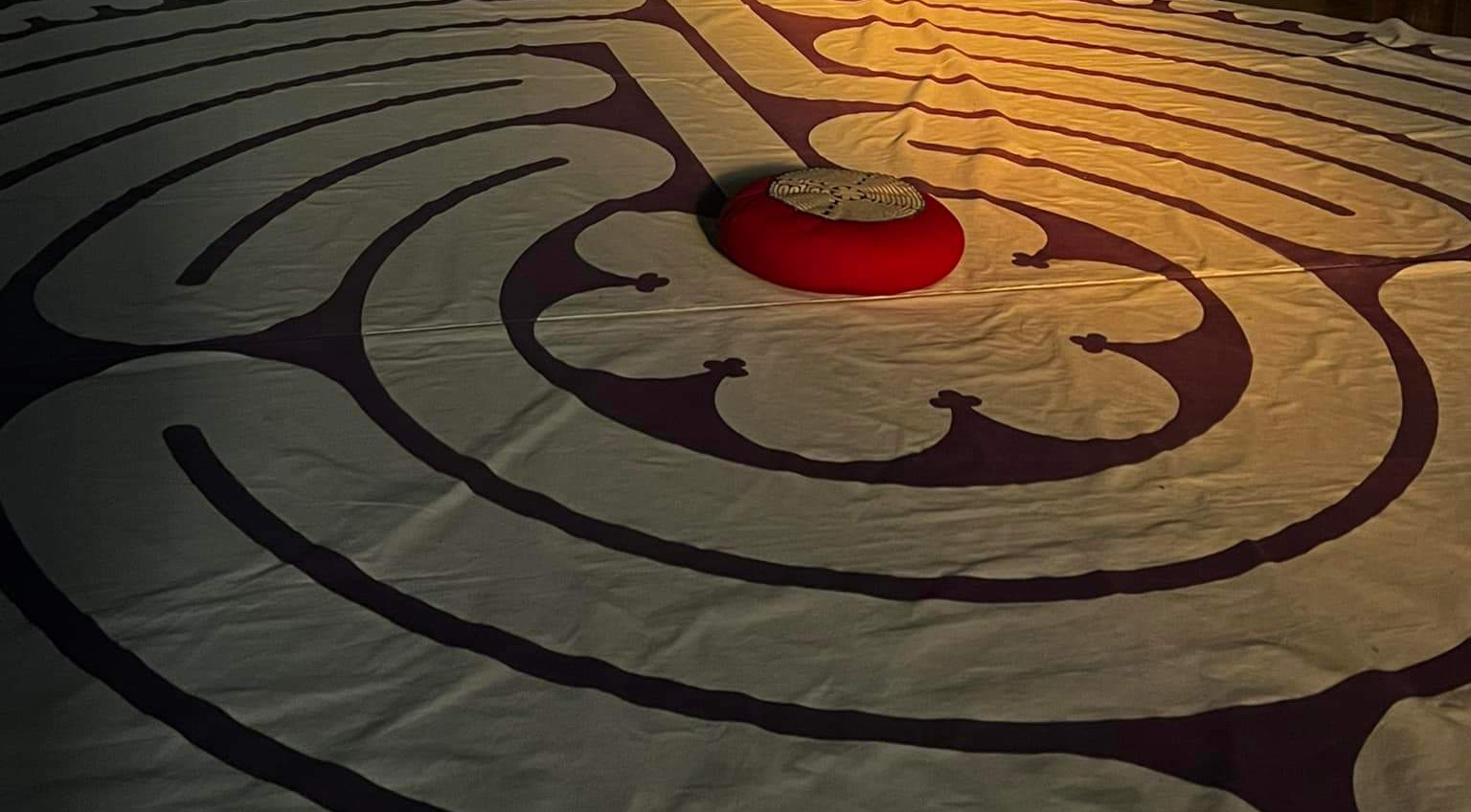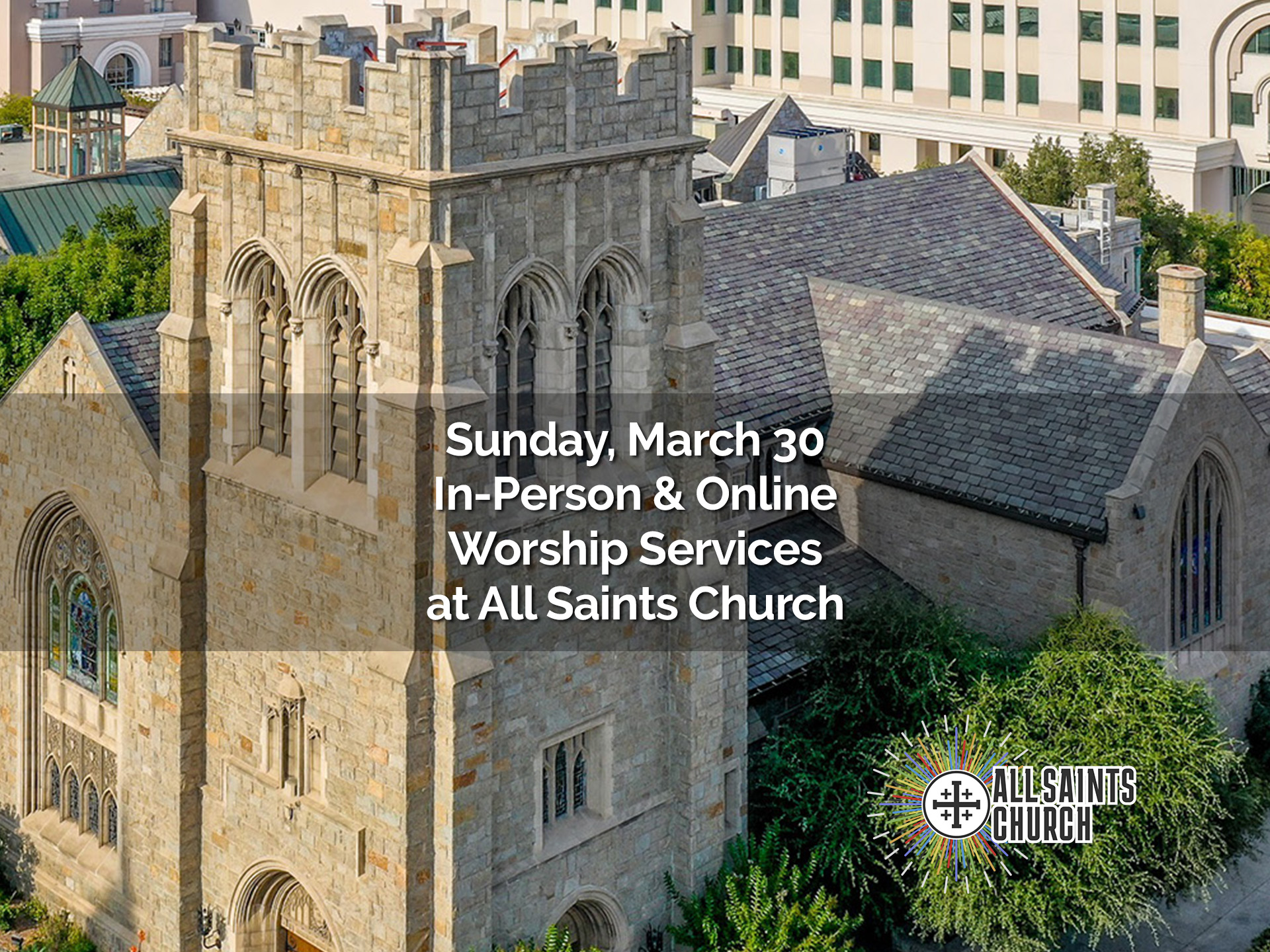“…The colonizing church of New Zealand, which previously had forced its liturgy and theology on the native aboriginal peoples of that land, realized that in the writing of a new prayer book they had an opportunity for reconciliation with that history and with one another. An opportunity to instead of trying to impose Christ on each other, to honor Christ in each other.”
Meditation by Mike Kinman at All Saints Church, Pasadena, Advent Festival of Lessons & Carols, on Sunday, December 9, 2018.
God, it is night.
The night is for stillness.
Let us be still in the presence of God.
It is night after a long day.
What has been done has been done.
What has not been done has not been done.
Let it be.
The night is dark.
Let our fears of the darkness of the world and of our own lives rest in you.
The night is quiet
Let the quietness of your peace enfold us,
All dear to us,
And all who have no peace
The night heralds the dawn.
Let us look expectantly to a new day,
New joys,
New possibilities.
In your name we pray.
Amen.
+
That prayer – Night Prayer from the New Zealand Book of Common Prayer – has become beloved to many. We use it often here at All Saints Church when we gather as we do here as the skies darken and the day comes to a close.
It is as much poetry as petition.
And therein lies its beauty.
I wonder if you know its history?
The New Zealand Book of Common Prayer is one of the most lovingly, honestly and painfully crafted texts in our church’s history. It took 25 years to complete.
It took that long because the colonizing church of New Zealand, which previously had forced its liturgy and theology on the native aboriginal peoples of that land, realized that in the writing of a new prayer book they had an opportunity for reconciliation with that history and with one another.
An opportunity to instead of trying to impose Christ on each other, to honor Christ in each other.
And so, they not only invited the aboriginal peoples into the process, they invited them to claim the power that had been stolen from them centuries ago. Not to just come and contribute to a process dominated by others, but to bring their full selves as equal partners in the process. To let the Christ in each speak to the Christ in each other and let the words that came become their common language.
It took twenty five years because that’s how long it took to even begin to come to terms with deep pain, wounding and death … of the obliteration of culture and people, much of it in the name of God and Christ.
Twenty five years of wrestling in the hope that reconciliation and reparation was possible. That somehow, through finding a common language of prayer, they could find a way to live together in companionship instead of domination.
Finally, in 1987, the Provincial Commission on Prayer Book Revision had finished its work and was ready to send the completed text off to the church’s General Synod for debate and, they hoped, adoption. At their final meeting, the Rev. John Williamson, who was the secretary of the commission, was asked to lead them in prayer one last time.
Night Prayer is the prayer he wrote.
It is not just a prayer after a hard day.
It is a prayer after a generation of struggle knowing that the work was just beginning.
It is a prayer having been through many dark and terrifying nights not knowing if the power of love was greater than the wounds of history.
It is a prayer trusting that they could entrust all they had done – all the joy, anger, pain and fear, into the hands of God for it was always God who held the future.
He wrote it.
Prayed it.
Then crumpled up the piece of paper and tossed it in the trash.
It was only then that one of the commission members had the presence of mind to stop and call the committee back together and suggest that this prayer be included in the prayer book. A final addition to sum up both the work that had been done and the hope of the work to come.
They had to fish it out of the trash can to do it.
There is something about this hour of the evening, where day turns into night. Something where the struggles of the past, the anxieties of the present and the hopes for the future are met.
There is something about this hour of the evening. Something in us shifts at this time.
Because we know about the night. From our youngest ages, we know about the fears of the night. We know about the loneliness of the night. And yet we also know that night brings the greatest wonder.
The deepest conversations.
The most profound revelations.
The most passionate love.
We fear the night and its vulnerability, and yet we know that night is when prose turns to poetry and statistics turn to song.
Night is when we are haunted by the ghosts of our past and enticed by hopes of a so uncertain future.
And so, we come together this night.
We come together so profoundly aware of our own struggles and the struggles and deep divides in our nation.
We come together with our fears and anxieties, with our hopes and our longings.
We come together and tell the stories of thousands of years and sing the songs whose choruses echo throughout the cosmos.
The hopes and fears of all the years are met.
It is night.
After a long day,
…dark
…quiet
…heralding the dawn.
As day turns to night, we look back on the year that is past and remember it is but one of many in the chronicle of the faithful struggling for the triumph of love over hate, of companionship over domination.
As day turns to night, we look forward to the year to come knowing we cannot predict what it holds in its hands.
As day turns to night,
we come together,
we share the stories
we sing the songs
And we wonder.
And we hope.
And we remember.
We remember there is an eternal love that longs for us, that surrounds us, that is forever breaking into our lives. That longs for this to be the year where we see that love in each other … where we see that love in ourselves.
We remember that love has a name.
God with us. Immanuel.
God, it is night.
It is night after a long day,
a long year,
a long life.
Be present in our stories.
Dance to our songs.
Hear our prayer.
Amen.



